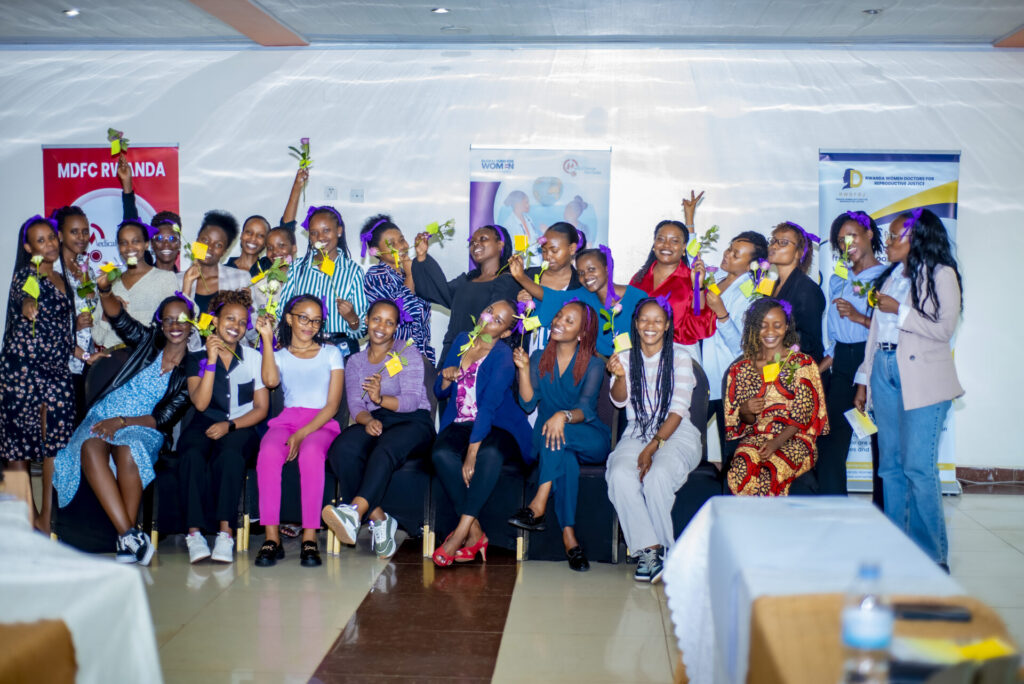
On March 8, 2025, International Women’s Day, Medical Doctors For Choice (MDFC) convened a timely and impactful workshop titled “Transforming SRHR in Rwanda by Utilizing Digital Tools and Advocacy for Better Access.” Held in Kigali, the event brought together healthcare providers, digital health advocates, and SRHR champions to explore how technology and advocacy can bridge existing gaps in access to sexual and reproductive health and rights (SRHR) services.
The workshop was driven by a shared vision: to harness digital innovation and grassroots advocacy to ensure equitable access to SRHR across Rwanda. As digital health becomes an increasingly vital component of modern healthcare, MDFC sought to equip providers with the tools, knowledge, and networks necessary to deliver patient-centered, stigma-free reproductive health services.
A key highlight of the day was the introduction and demonstration of the Hesperian Safe Abortion App—a resource designed to support safe abortion care, post-abortion follow-up, and navigation of local legal contexts. Participants engaged in a hands-on review of the app’s content and discussed strategies to integrate it into community outreach and clinical practice. The app was widely appreciated for its clarity, reliability, and accessibility, especially for providers working in underserved or rural areas.
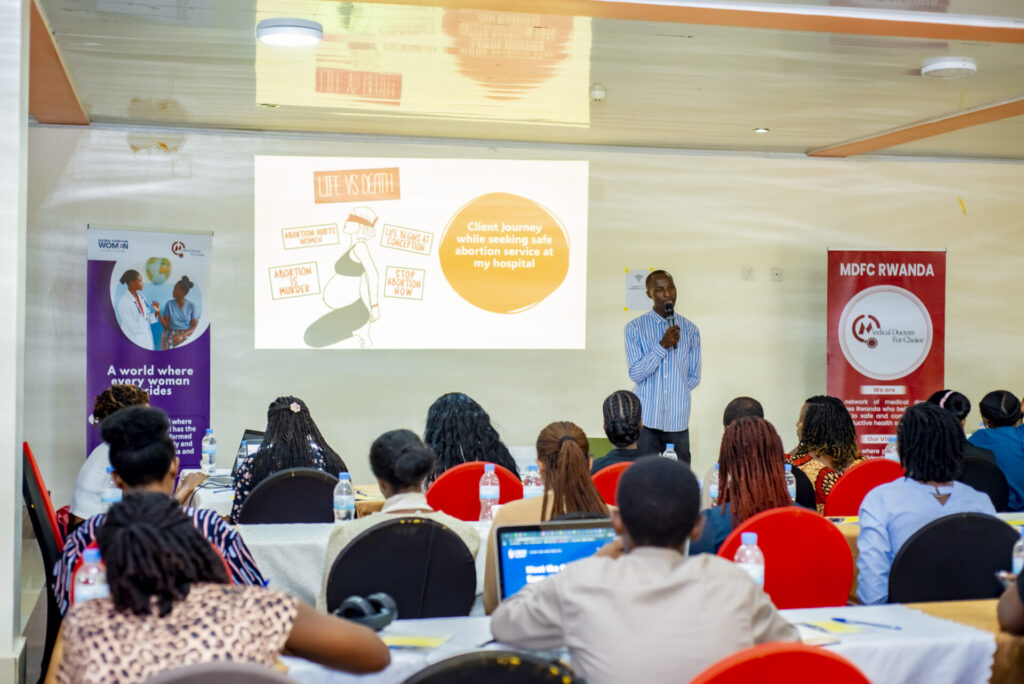
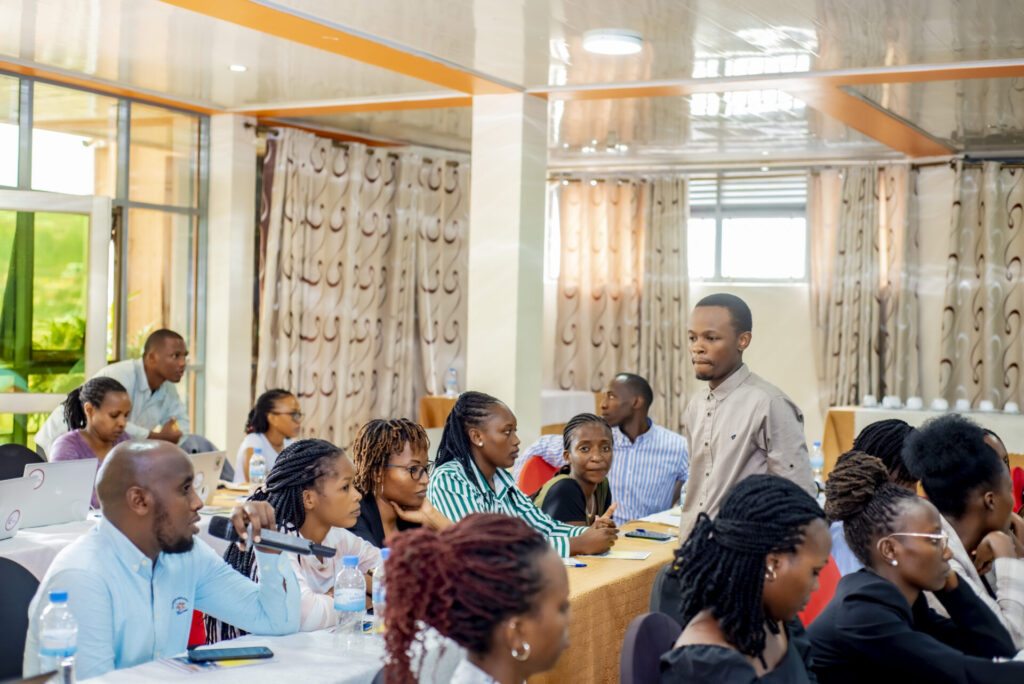
The workshop also served as a platform to launch and amplify the Rwanda Women Doctors for Reproductive Justice (RWDRJ) initiative—an emerging collective of female health professionals committed to advancing reproductive rights through research, storytelling, and provider-led advocacy. Their presence and insights underscored the vital role of women’s health leaders in shaping a just and inclusive healthcare system.
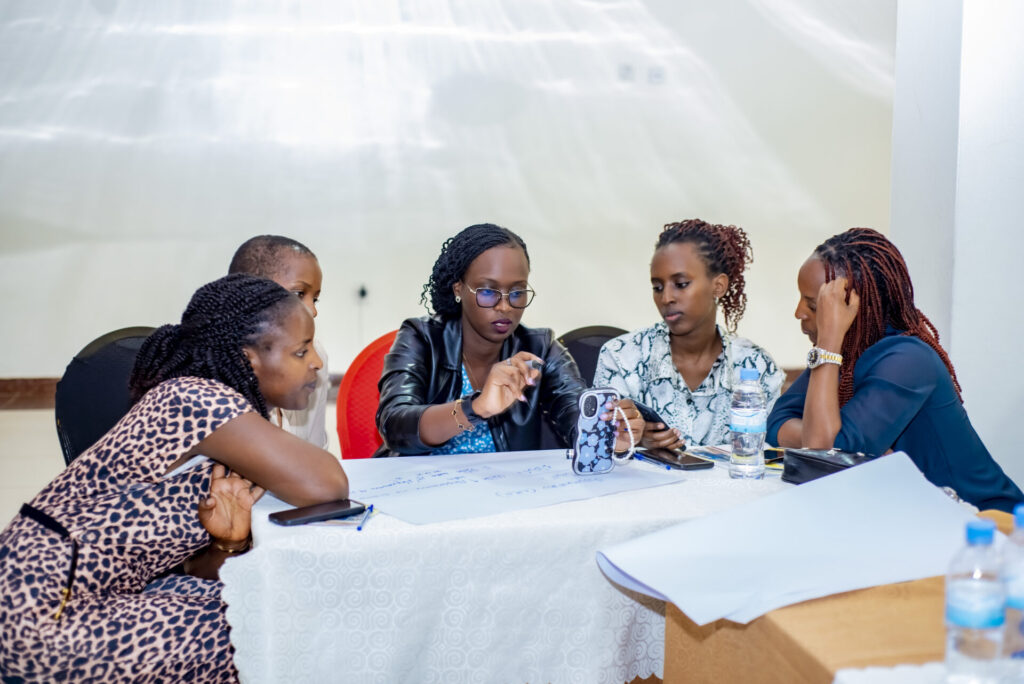
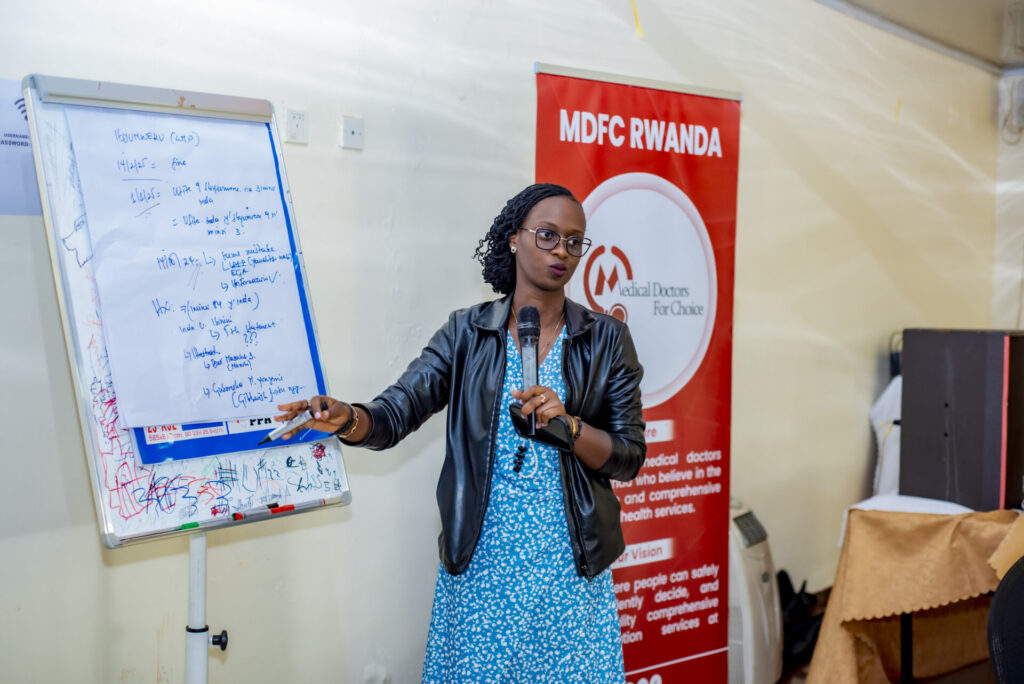
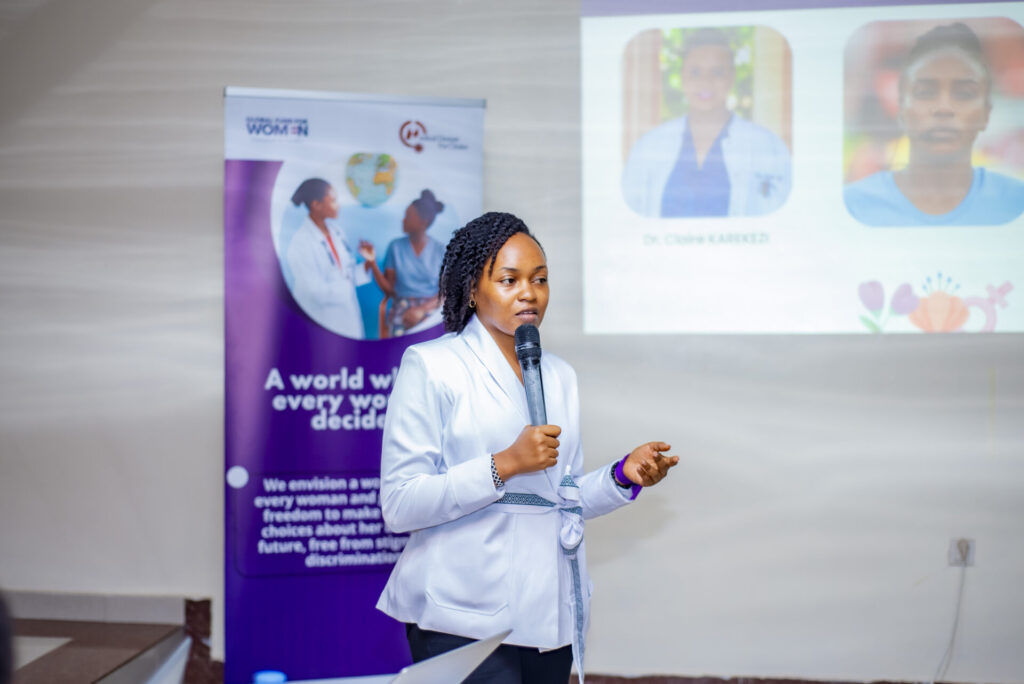
The celebration of International Women’s Day added a powerful layer of reflection and recognition. Attendees took time to honor the tireless efforts of women advocating for SRHR in Rwanda, sharing personal journeys, community impact stories, and renewed commitments to reproductive justice. It was a moment of solidarity and celebration, but also a call to action.
By the end of the workshop, participants left with not only new tools and connections but a shared commitment to driving forward digital advocacy and service innovation. Discussions concluded with a roadmap of actionable next steps, including enhancing awareness of digital resources like the Hesperian App, strengthening partnerships with SRHR-focused initiatives, and investing in broader digital literacy and access.
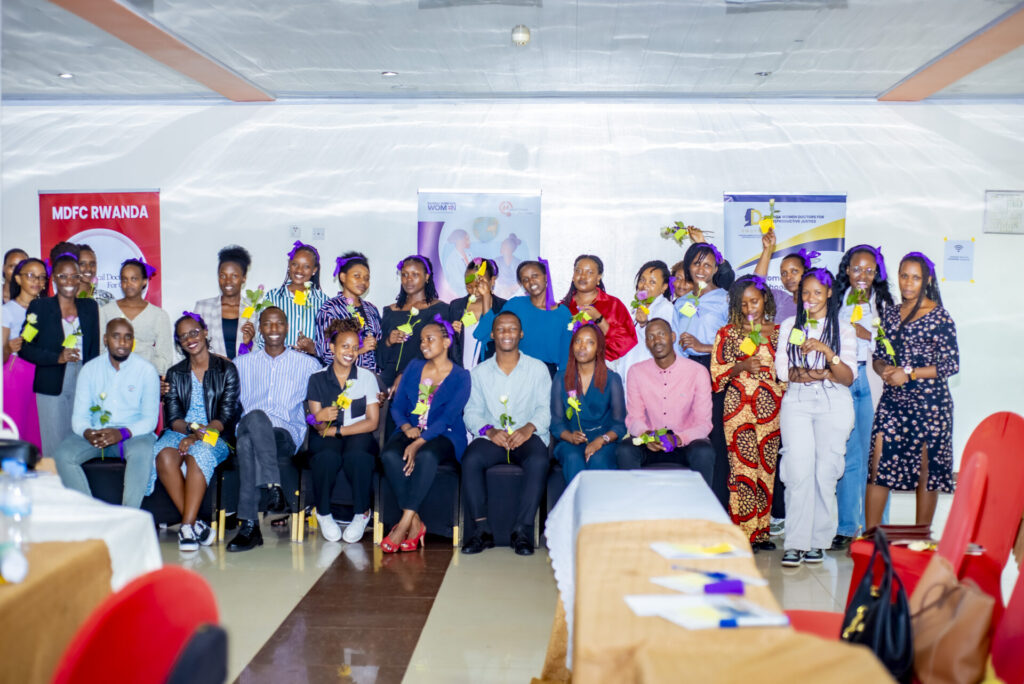
As MDFC continues to champion informed choice, dignity, and access in reproductive health, this event marked a significant step forward. The message was clear: digital tools and advocacy are not just complementary—they are essential in transforming SRHR access in Rwanda.
